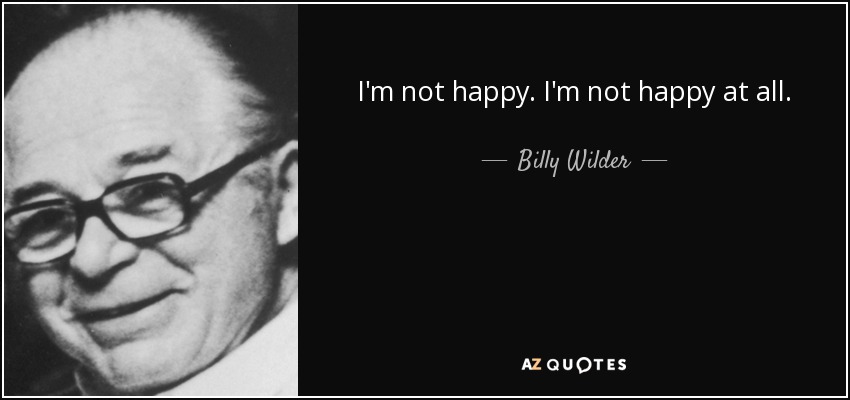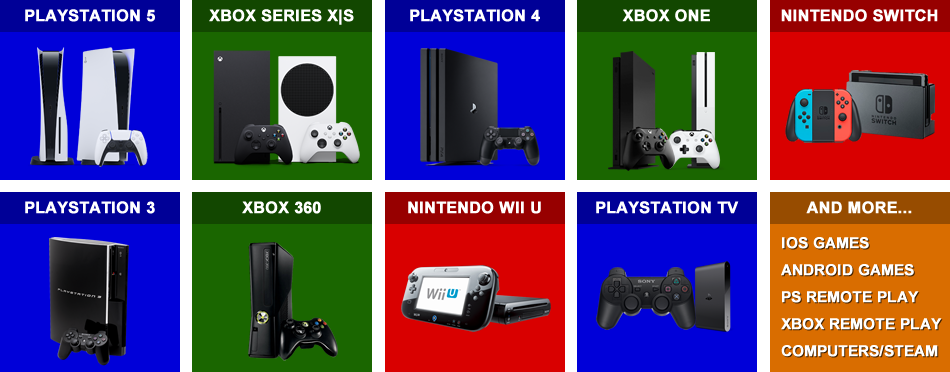Perhaps this is shooting fish in a barrel but I came across a meme on Facebook that really ticked me off — even more than the previous meme I posted about. Here it is:
Top half has a black background with a white girl looking perplexed and disappointed. Corrected text: Has an iPhone, Mac, Xbox, PS3, Wii, internet, pocket money than most families’ budget…NOT HAPPY AT ALL. Bottom half has an African boy with no shirt pretending to take a photo of the person taking the photo with a rock, background is 3 other African boys 1 showing a smiling face. Corrected text: Uses a rock as a camera. The happiest kid in the world.
If you’re getting this by email, you need to click “display images” to see. For accessibility, see a description in the alt text or by hovering your mouse over the image.

Now, where to begin? This image is misleading, condescending, racist, luddite, pseudo-intellectual and a whole bunch of other things.
To start with a minor point, this is a modified case of first world problems. For the problems with the idea of first world problems, see this post. One of the potential subtexts of the meme is that the girl has no reason to be unhappy and is simply being a spoilt brat. Because you see, she has an abundance of things so her unhappiness is not the result of real difficulties.
But that’s nothing compared to the main message of the meme. Behind the anti-consumption attitude, there is a series of stereotypes that fetishise poverty, third world poverty, African poverty and so on. Some of these stereotypes include:
- It’s more spiritual/noble to be poor
- Poor people are happier than us [all use of we/us in this post is meant to be in scare-quotes] despite (or because of) having so little
- “Simpler” things in life are superior to “complex” things (whatever that means)
- Poor people are somehow inherently wiser/more moral or they have access to some profound mystical truths that we don’t have access to.
When these come together in an image about an African child, we get an even more offensive stereotype, that of the Noble Savage as well as the Magical Negro. Because you see, we were all lost in our world of materialism and internet connections and such. How lucky are we to have met the child who uses a rock as a camera! For he has taught us and changed our life perspective and we have benefitted from him. The evidence that this kid is being othered is in the purpose of the meme itself. Its audience is people in rich Western countries and hence he is presented as someone who’s there to give us this great lesson.
The meme is also missing an entire reality-based context. There’s no attempt to look at which countries have actually-happy people. Of course the study of happiness is a hard area to get right. But the consensus seems to be that while beyond a certain amount, more money doesn’t mean more happiness when you subtract from that amount it reliably contributes to unhappiness. Which makes sense if you think about it for more than 5 minutes since the difference between having $5 and $1000 will make more impact in your life than any other gain in money/goods.

The meme, however, is happy to argue by assertion. The kid is happy because he just is. Because the photo of a split-second moment said so. It’s also important to note that the picture of the girl is presented entirely out of context. It’s a lot harder to get an image of a kid surrounded by possessions looking unhappy because it’s so specific. So they had to literally make the scenario up.
Of course, even if we granted the facts in the picture it’s still offensive in the way that it judges the luxuries it lists as unworthy. But we could have the same meme targeting other things. You could have someone middle-aged who goes to the theatre, ballet, opera and symphonies and is unhappy. Then you could have someone who plays a hand-made drum and is happy. So what? Would that really be an argument that theatre and ballet are pointless? Do things not give other benefits rather than direct hedonistic units? What will the 2 kids in the meme grow up to be? What kind of voice will they have in the world, what opportunity to follow their passions? What would you rather be — a bratty spoilt kid who gets oodles more opportunity to do what you want later in life or a happy kid who has less opportunity?
Amazingly, there are plenty of people who don’t understand what privilege is or don’t think it’s a theme. This is exactly what it’s about. As fellow blogger in arms Costa noted recently, it’s the ability to forget, or to choose. Or to choose to forget. The person who made the meme gets to wax philosophical about the emptiness of material possessions from a fucking Facebook account. They get to learn all these nifty lessons from great people and take them back to their life. They get the option to ignore (potentially) all the other problems the generic “African” kid might have. After all, they did not put the kid’s back story into the meme so they took themselves up on that choice.
I think this type of thinking does actual harm. You might know people who go travelling in an attempt to use these “profound” lessons from “the poor”. They get to create these narratives in their heads while they find themselves while the problems of poverty, lack of access to healthcare, education and, yes!, electronics are still unsolved. How might this anti-consumption message impact on people’s desire to do something to help with those problems? If we think “these poor people are spiritual and happy”, how much more likely are we ideas inside our heads (eg. authenticity) drive our actions, and not people’s actual desires or things that will actually improve the world?
The girl gets to choose whether to play with a rock camera or a digital camera. But the boy? I don’t remember anyone asking him a damn thing.





0 Comments